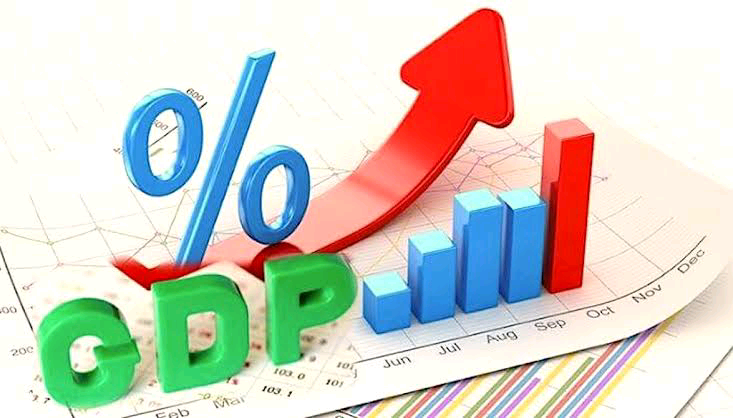As Nigeria prepares to rebase its Gross Domestic Product (GDP) – the measure of the wealth of a country and the Consumer Price Index (CPI) this month, it does so at a crucial moment in global climate talks. At the ongoing COP29 conference in Baku, Azerbaijan, African Development Bank (AfDB) President, Akinwumi Adesina is leading a call to integrate Africa’s natural resources—such as vast forests, carbon sinks, and diverse ecosystems—into economic assessments.
Adesina’s bold “green wealth” initiative challenges traditional definitions of GDP and aims to elevate Africa’s role in the global economy by reflecting its environmental contributions. Nigeria’s decision to rebase its GDP aligns with this vision, aiming to include emerging economic sectors and evolving realities that highlight its untapped potential.
“Why should Africa be greenly poor when we contribute so much to the planet’s health?” Adesina asked, addressing African finance and environment ministers at COP29. “Africa should be greenly wealthy by properly valuing its vast contributions to global environmental services.” His message closely aligns with Nigeria’s latest economic recalibration effort, which is expected to showcase a more accurate representation of the economy and its recent growth, particularly in the digital and environmental sectors.
Nigeria’s Statistician-General, Semiu Adeniran, recently announced that the rebasing process, expected to conclude in November, will reflect shifts in the country’s digital economy and new government initiatives, capturing more of Nigeria’s dynamic economic landscape. “The essence of rebasing is to capture how we transact in Nigeria,” Adeniran explained, noting that the process will incorporate previously unmeasured sectors like e-commerce, technology, and other growth areas.
- You lack moral right to condemn any government, Presidency hits back at Obasanjo
- Overturn MC Oluomo’s inauguration as NURTW boss, Falana tells FG
For Nigeria, this economic revaluation is particularly timely. The last GDP rebase in 2014 significantly altered Nigeria’s economic standing, marking it as Africa’s largest economy at the time. With this update, the National Bureau of Statistics (NBS) aims to refine the country’s economic metrics. However, this effort extends beyond local economic understanding; it aligns with COP29’s agenda to recognize Africa’s natural assets and digital advancements as essential components of wealth.
This rebasing exercise is more than an economic update; it represents a paradigm shift. Just as Adesina’s “green wealth” initiative at COP29 seeks to account for Africa’s environmental contributions to global GDP, Nigeria’s rebase could serve as a model for emerging economies to better showcase their true value.
Revaluing Nigeria’s GDP may also enhance the country’s negotiating power on the global stage, especially in climate finance discussions. Currently, sub-Saharan Africa receives less than 3% of global climate finance, despite being one of the regions most vulnerable to climate change. If Nigeria, along with other African nations, includes green assets in its economic evaluations, the potential for increased climate funding could be transformative.
As COP29 draws global attention to climate action, Nigeria’s updated economic metrics could set a precedent, underscoring that African wealth is as much about its natural and technological resources as it is about traditional industries. With its move to rebase GDP, Nigeria stands not only to reveal its true economic depth but also to assert Africa’s rightful place in the global economy.
This story was produced as part of the 2024 Climate Change Media Partnership, a journalism fellowship organized by Internews’ Earth Journalism Network and the Stanley Center for Peace and Security.

 Join Daily Trust WhatsApp Community For Quick Access To News and Happenings Around You.
Join Daily Trust WhatsApp Community For Quick Access To News and Happenings Around You.


